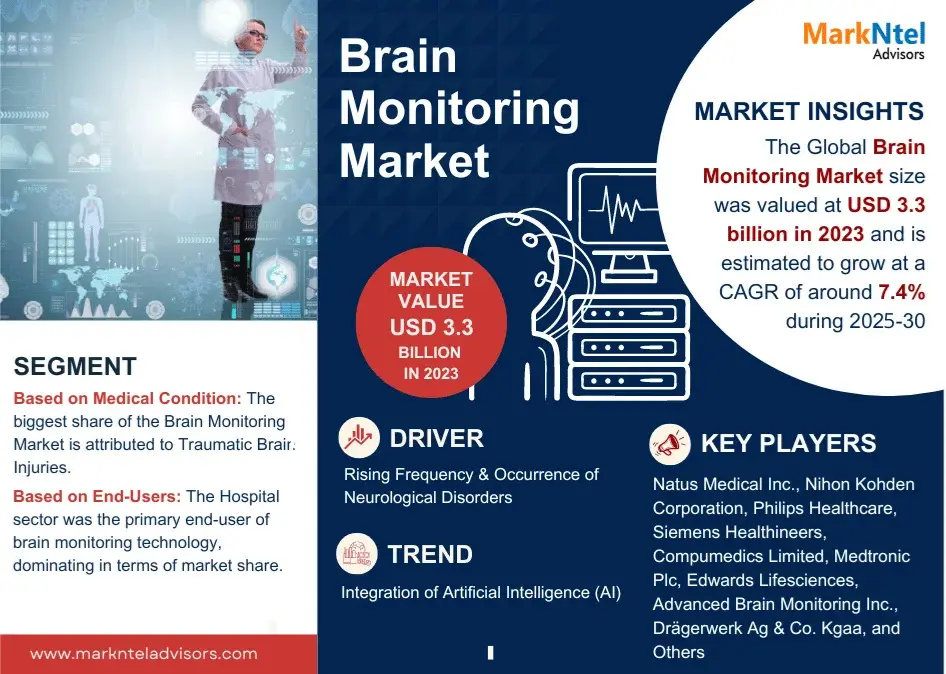Introduction
Gastritis is a condition that involves the inflammation of the stomach lining, leading to discomfort and, in some cases, more severe complications if left untreated. Whether caused by bacterial infections, lifestyle factors, or medication use, recognizing and treating gastritis is essential to prevent long-term damage to the stomach. In this article, we’ll explore the causes, symptoms, and treatment options for gastritis and how hospitals like IMC Hospital play a crucial role in diagnosis and care.
What Causes Gastritis?
Gastritis can be triggered by a variety of factors, which lead to inflammation in the stomach lining.
- Helicobacter pylori Infection: One of the most common causes is an infection by Helicobacter pylori (H. pylori), a bacteria that damages the stomach lining.
- Medications: Long-term use of nonsteroidal anti-inflammatory drugs (NSAIDs) or steroids can irritate the stomach lining and cause gastritis.
- Excessive Alcohol Consumption: Drinking too much alcohol can irritate and erode the stomach lining, leading to gastritis.
- Stress and Diet: Stress and poor eating habits, such as consuming spicy or acidic foods, can trigger or worsen gastritis.
Symptoms of Gastritis
Gastritis can be either acute or chronic, with symptoms varying depending on the severity and cause.
- Common Symptoms: Abdominal pain, nausea, vomiting, bloating, and a feeling of fullness after eating.
- Acute Gastritis: Sudden and severe inflammation of the stomach lining, often caused by infection or excessive alcohol intake.
- Chronic Gastritis: Long-term inflammation that can result from untreated acute gastritis, autoimmune conditions, or H. pylori infection.
Risk Factors for Gastritis
While anyone can develop gastritis, certain factors increase the likelihood of developing this condition.
- Age and Gender: Older adults and women are more likely to develop gastritis.
- Pre-existing Conditions: Conditions like autoimmune disorders, peptic ulcers, and liver disease can increase the risk.
- Lifestyle Factors: Smoking, excessive alcohol consumption, and stress are significant risk factors for gastritis.
Diagnosis of Gastritis
Proper diagnosis is essential for effective treatment.
- IMC Hospital’s Role: At IMC Hospital, advanced diagnostic tools are used to identify gastritis early. This includes blood tests, stool tests, and endoscopy to examine the stomach lining.
- Diagnostic Tests: An upper endoscopy allows doctors to visually inspect the stomach lining for signs of inflammation or damage. A biopsy may also be taken to check for H. pylori infection.
Treating Gastritis
Treatment for gastritis depends on its underlying cause and severity. It typically involves a combination of medications and lifestyle adjustments.
- Medications: Proton pump inhibitors (PPIs) and H2-receptor antagonists are commonly prescribed to reduce stomach acid and promote healing of the stomach lining.
- Lifestyle Changes: Avoiding alcohol, reducing stress, and eating smaller, more frequent meals can help reduce symptoms.
- Natural Remedies: Some people find relief with herbal teas, ginger, and probiotics.
Managing Chronic Gastritis
Chronic gastritis requires ongoing management to prevent flare-ups.
- Long-Term Care: Following a gastritis-friendly diet and avoiding triggers such as spicy or fatty foods is essential for long-term management.
- Regular Checkups: Regular visits to your doctor or IMC Hospital can help monitor the condition and prevent complications.
Gastritis and Its Complications
If left untreated, gastritis can lead to serious complications such as ulcers, bleeding, and in some cases, an increased risk of stomach cancer.
- Ulcers and Bleeding: Severe gastritis can cause the stomach lining to erode, leading to ulcers and internal bleeding.
- Stomach Cancer: Chronic gastritis, especially when caused by an H. pylori infection, may increase the risk of stomach cancer if not treated.
Conclusion
In conclusion, gastritis is a treatable condition that requires proper diagnosis and management. Early detection through diagnostic facilities like IMC Hospital and following the prescribed treatment plan can help alleviate symptoms and prevent complications. If you are experiencing any signs of gastritis, don’t hesitate to seek medical advice.
FAQs
What are the most common causes of gastritis?
The most common causes of gastritis include bacterial infections (especially H. pylori), excessive alcohol consumption, and long-term use of NSAIDs or steroids.
How long does gastritis take to heal?
The healing time for gastritis varies based on its severity and the underlying cause. Acute gastritis may heal within a few days to weeks with treatment, while chronic gastritis may require long-term management.
Can gastritis be prevented?
Yes, avoiding alcohol, smoking, and NSAIDs, along with managing stress and maintaining a healthy diet, can reduce the risk of developing gastritis.
Are there foods to avoid with gastritis?
Yes, it’s recommended to avoid spicy, fatty, and acidic foods, as well as alcohol and caffeine, as they can irritate the stomach lining.
When should I visit IMC Hospital for gastritis?
If you experience severe or persistent stomach pain, nausea, vomiting, or signs of bleeding (such as black stools), it’s important to visit a medical facility like IMC Hospital for evaluation and treatment.



